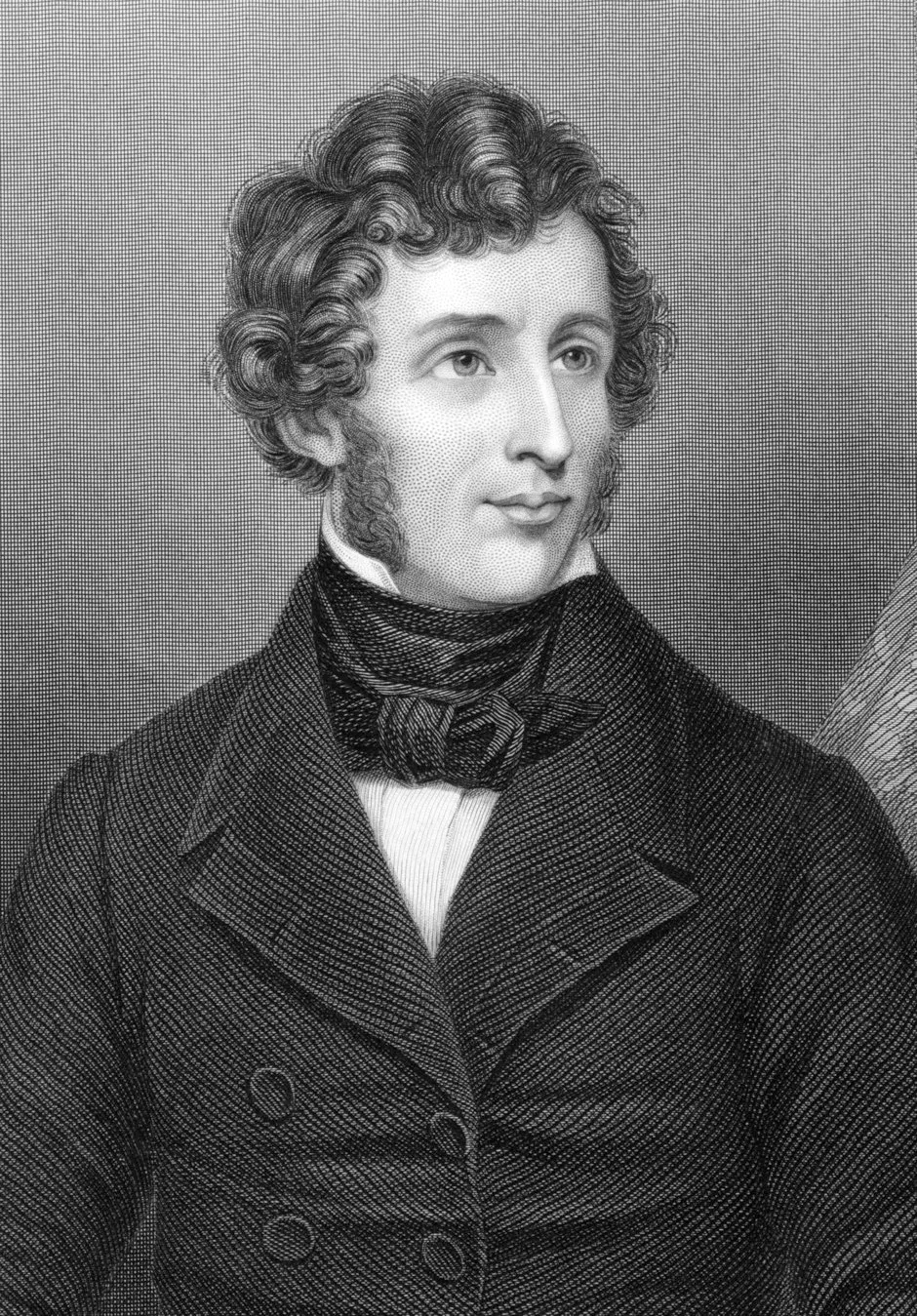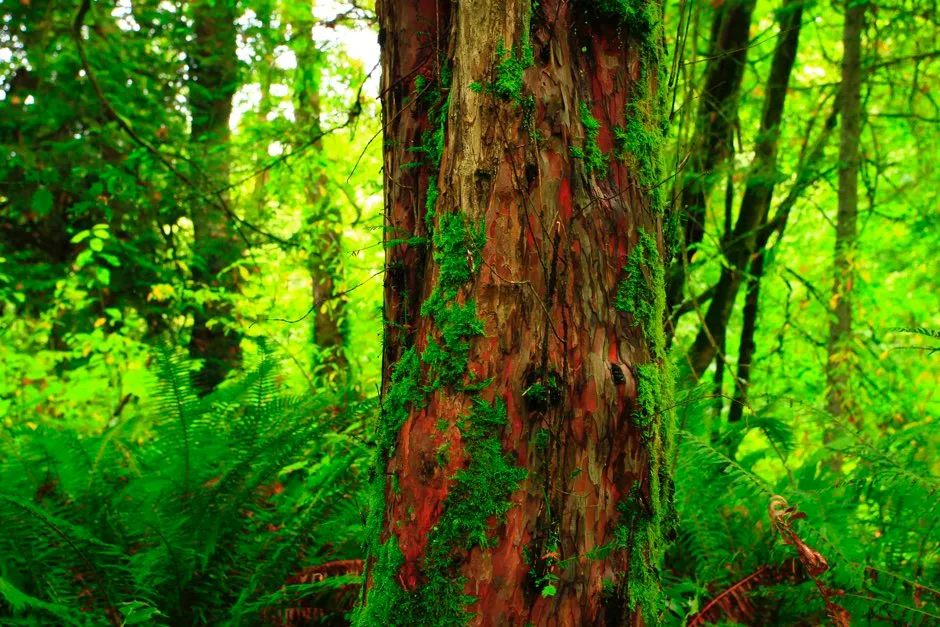Perhaps one of the most persistent myths about chemistry – that synthetic chemicals are bad, but organic things are good – has two roots. One is a matter of history, the other poor communication by scientists.
Back when chemistry was newborn and scientists were first classifying things as chemicals, it was believed that there was some fundamental difference between chemicals made by living creatures, called organic and “dead” chemicals isolated from minerals, called inorganic.
This theory was called “Vitalism” and though it was first disproven in 1828 when Friedrich Wöhler synthesised urea (the major component in urine) from the inorganic compound ammonium cyanate, it took over a century for it to really die.
As such, the idea of “organic” as vital and good and healthy, and “inorganic” as dead and bad took root in the popular consciousness.

The second part is, unfortunately, a common problem. All scientists have to communicate precisely and internationally, and so we use words with very rigid and limited definitions. These words have a tendency to escape into popular culture, get used in a very different way, and evolve over time. This causes problems when they clash with popular ideas like “organic is good”.
To a scientist, “synthetic” just means “made in some way” – it means something which we didn’t dig out of the ground. To a scientist, the sugar you put in your tea is synthetic (plants make it from water and CO2) but the salt you put on your chips is not – we literally dig it out the ground in salt mines. The organic compound is synthetic, the inorganic one is not, and both are delicious in food.
Read more about chemistry:
- The science of the perfect cup of tea
- Three famous chemists who changed our understanding of the central science
- There's something inscrutable and mysterious about liquids
The truth is that synthetic and naturally occurring, organic and inorganic, are neither good nor bad. They’re just descriptions. Many naturally occurring compounds are also synthesised industrially, and so are many biologically synthesised compounds as well.
It turns out that Mother Nature is better at making some things than we are (no one would ever synthesise sugar when you can just plant sugarcane), but we’re better at others.
Taxol, the fantastic anti-cancer drug, was first discovered in Pacific Yew trees, but there just aren’t enough trees to feed the world’s demand, so this life-saving medicine is now synthetic and man-made.

Actually, almost no chemical can be called good or bad – it all depends on how much there is and where it is. The element selenium is incredibly toxic in large doses, but we need small quantities for our bodies to function. Oxygen supports us with every breath we take, but it is also responsible for much of the ageing process.
Chemicals, like everything else, are more complicated than a shocking newspaper headline will have you believe, but (to a scientist) that makes them interesting, not scary.
